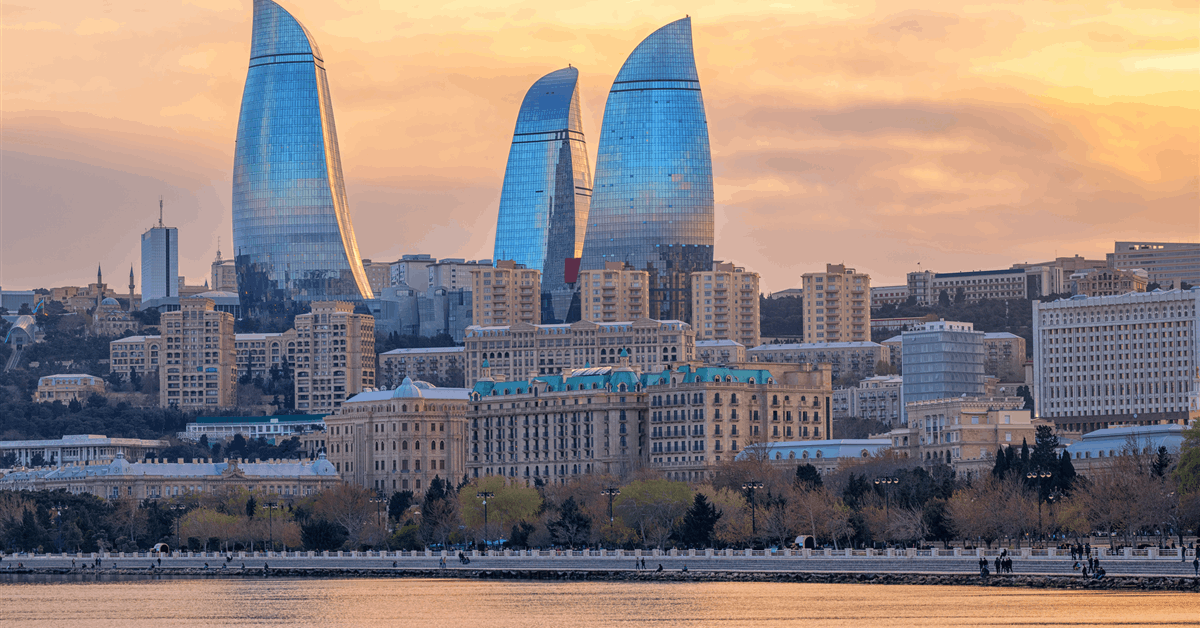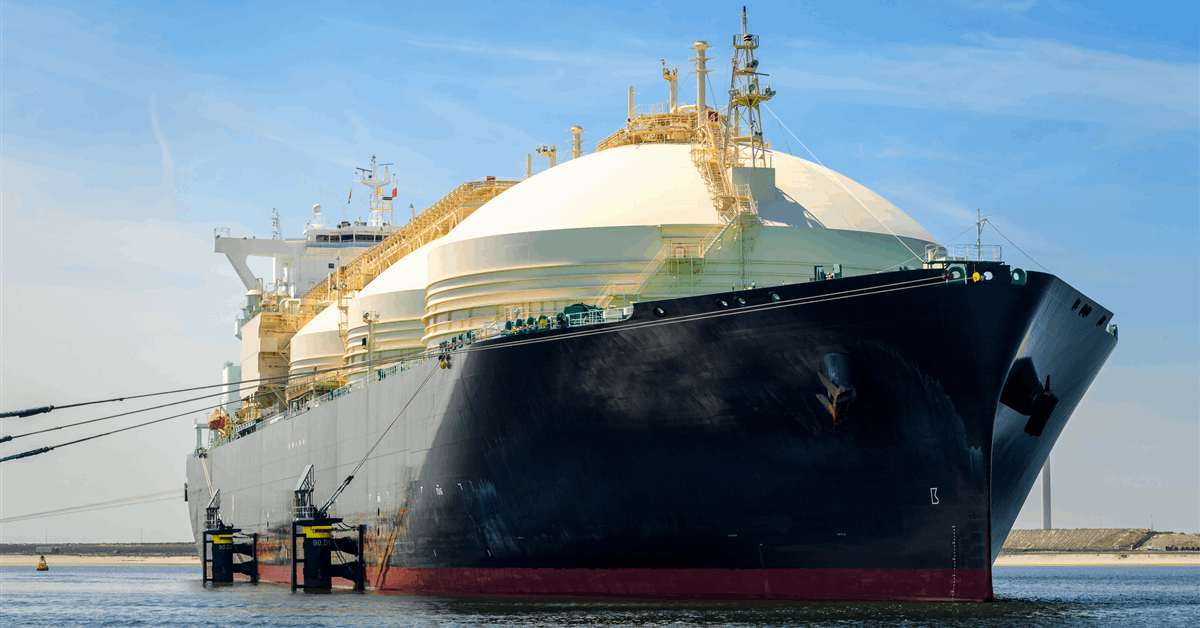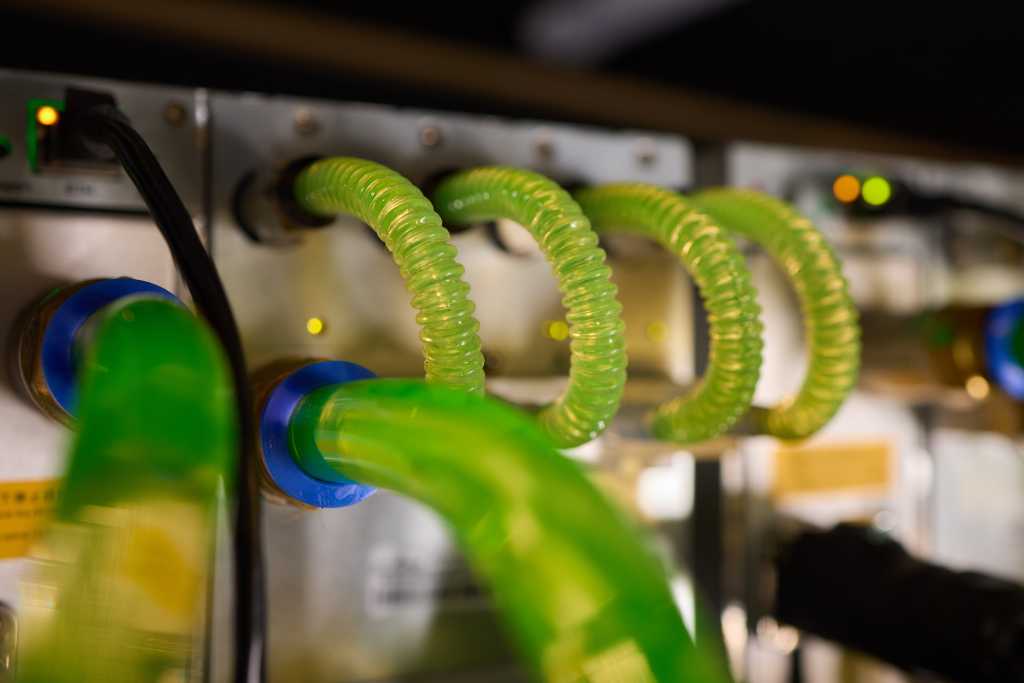
BP announced in a release posted on its site recently that it, together with its partners, has entered into a series of agreements “that will build and expand on its major oil and gas interests in Azerbaijan”.
“The agreements, signed during Baku Energy Week, include the final investment decisions for the next major phase of development of the giant Shah Deniz gas field – Shah Deniz Compression – as well as for two projects – for terminal electrification and solar power – that together are expected to enable operational emissions reduction,” BP noted in the release.
“They also include agreements for BP to access to two new exploration and development licenses and introduce a new partner to accelerate exploration on a third,” the company added.
“These agreements represent progress against BP’s strategy to grow long-term shareholder value, contributing to its goal of growing its upstream business, as well as underlining BP’s continuing commitment to Azerbaijan,” BP continued.
BP noted in its release that these projects are fully accommodated within its financial frame.
In a statement posted on its website in February, BP announced a “fundamentally reset strategy”. This strategy will see BP grow its upstream oil and gas business, focus its downstream business, and invest with increasing discipline into the transition, the company noted in that statement.
Shah Deniz Compression
BP highlighted in the release that the Shah Deniz Compression project “is designed to access and produce low pressure gas resources from the giant gas field, increasing resource recovery and extending production life”.
“The project, which will include installation of a new unmanned compression platform, is expected to allow production of an additional gross 50 billion cubic meters of gas and 25 million barrels of condensate,” BP added, noting that the project is expected to receive first gas in 2029.
In a separate statement posted on BP’s site, which focused on the final investment decision for the Shah Deniz Compression project, Gary Jones, BP’s regional president, said, “this significant project will enable Shah Deniz – one of the largest and most complex gas fields in the world – to continue as a major supplier of global energy for decades to come and help maximize overall production recovery from this giant field”.
Rovshan Najaf, President of SOCAR, said in that statement, “the Shah Deniz Compression project marks an important new chapter in Azerbaijan’s energy story”.
“It reflects our commitment to long-term resource development, technological advancement, and international partnership. This investment will further strengthen Shah Deniz’s role as a vital energy source for the region and beyond, while creating new opportunities for our local economy and workforce,” Najaf added.
In its release, BP said Shah Deniz Compression is one of the 8-10 major projects expected to start up between 2028 and 2030, “as disclosed at BP’s 2025 capital markets update”. The company added that the project is expected to contribute to growing BP’s global upstream production to 2.3 to 2.5 million barrels of oil equivalent per day by 2030, “with capacity to increase further to 2035”.
BP pointed out in its release that the Shah Deniz Compression project is valued at $2.9 billion and that the company operates the Shah Deniz gas field with a 29.999 percent participating interest.
Solar-Electrification Projects, Exploration-Development Deal
BP also highlighted in its release that the company and its partners have given the go-ahead for development of the linked Shafag solar and Sangachal terminal electrification projects. The company noted that renewable electricity generated by the new 240MW Shafag solar project in Azerbaijan’s Jabrayil district will be supplied to grid operator AzerEnerji and added that that will in turn provide equivalent power to the Sangachal oil and gas terminal near Baku.
“This will support reduction of operational emissions in Azerbaijan, enabled by the electrification of the terminal, which will also free for export the gas currently used to fuel the turbines generating power for the terminal,” BP said in the release.
BP went on to point out in its release that it has completed an agreement with SOCAR to access two blocks in the Caspian Sea for exploration and development, “for the discovered Karabagh oil field and the Ashrafi-Dan Ulduzu-Aypara (ADUA) area”. BP said it will have a 35 percent working interest and become operator of each block. SOCAR will retain a 65 percent stake, according to BP.
The company also said in the release that BP and SOCAR reached agreement for Türkiye’s TPAO to take a 30 percent interest in the production sharing agreement for the Shafag-Asiman block in the Caspian Sea.
“This is expected to accelerate evaluation of development opportunities for the block, on which a first well drilled in 2021 encountered gas condensate resources,” BP noted.
“These agreements are part of BP’s strategy of accessing discovered resources and reloading its exploration hopper in support of its aim to increase its reserves replacement ratio to around 100 percent by end 2027,” BP added.
Deeply Proud
In BP’s release, Gordon Birrell, the company’s EVP of production and operations, said, “we are deeply proud of the long and successful partnership that BP has built with Azerbaijan over more than 30 years”.
“As can be seen by the agreements we signed this week, we continue to see many opportunities for further development and growth,” he added.
“As we deliver our strategy of growing our upstream, we will build on our strong positions in regions like Azerbaijan, and on the deep relationships we have with the government and our partners,” he continued.
“The next phase of development for Shah Deniz – a truly world-class gas field – will access additional resources, extend production and support continued delivery of important gas supplies to European customers,” Birrell said.
“Innovative linked electrification and solar projects will support lower operational emissions in Azerbaijan while freeing up fuel gas for export. And we look forward to working with SOCAR and TPAO to progress exploration for further opportunities,” Birrell went on to state.
BP pointed out in its release that it has been active in Azerbaijan for 33 years. It noted that it led the development of the Azeri-Chirag-Deepwater Gunashli (ACG) oil field, the Shah Deniz gas field, and the major Sangachal processing and export terminal. BP also operates ACG and the Sangachal processing and export terminal, the company highlighted in the release.
BP also noted in its release that it was a lead in the development of the associated export pipelines, the Baku-Tblisi-Ceyhan (BTC) oil pipeline and the Southern Gas Corridor (SGC) gas pipeline network.
To contact the author, email [email protected]





















